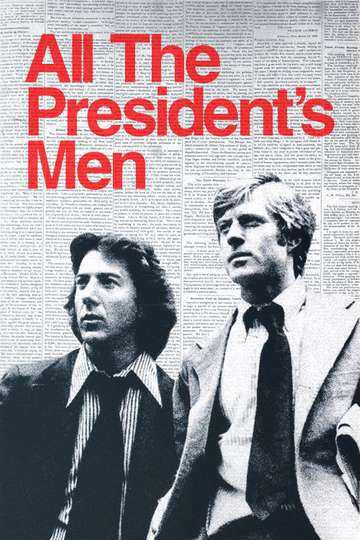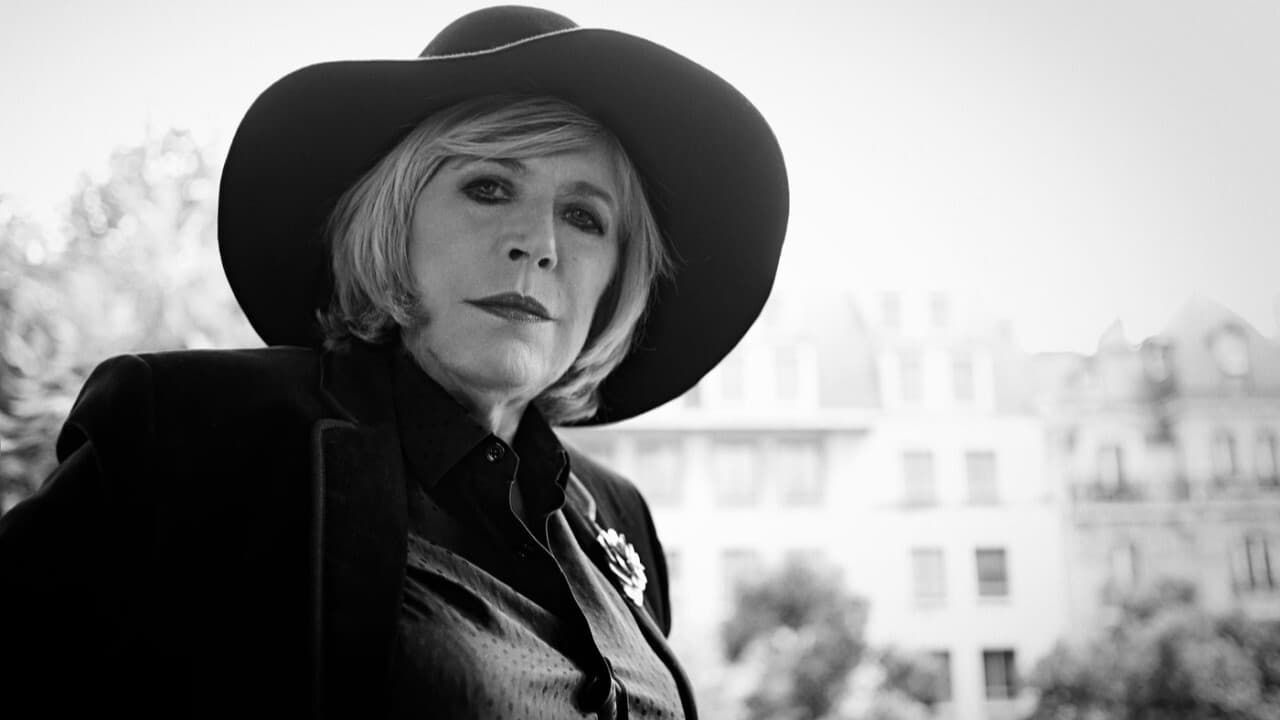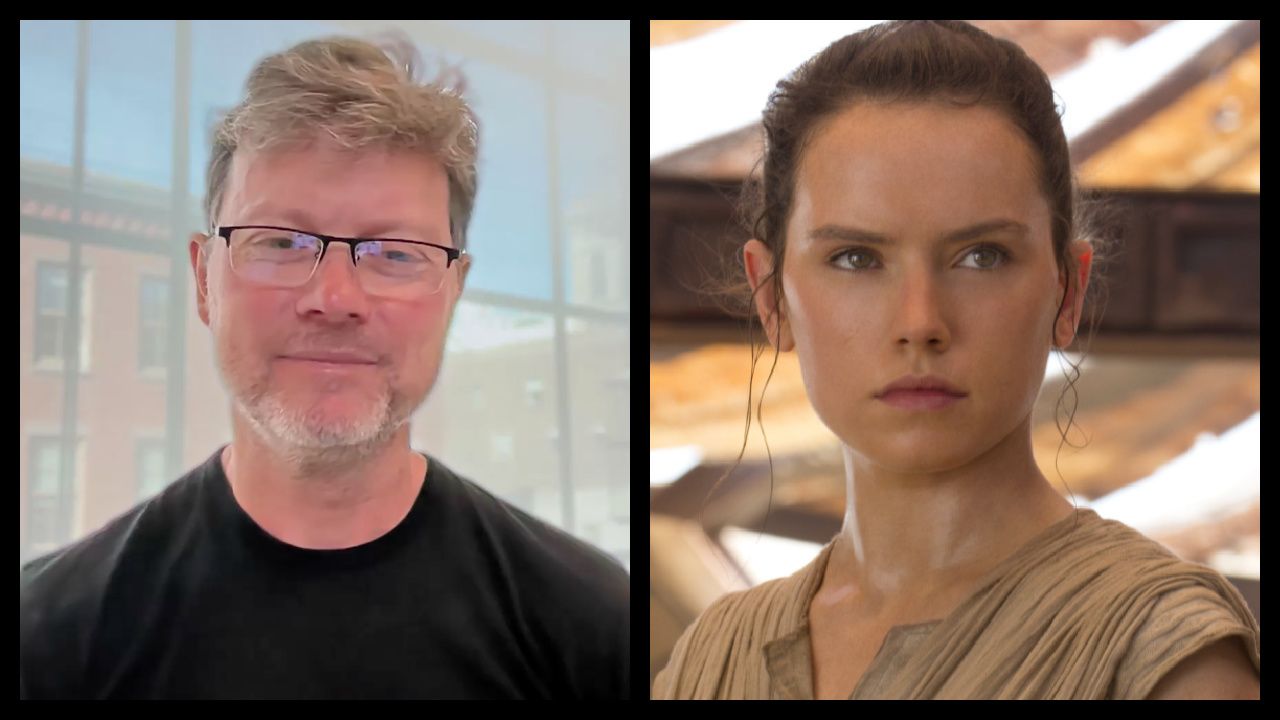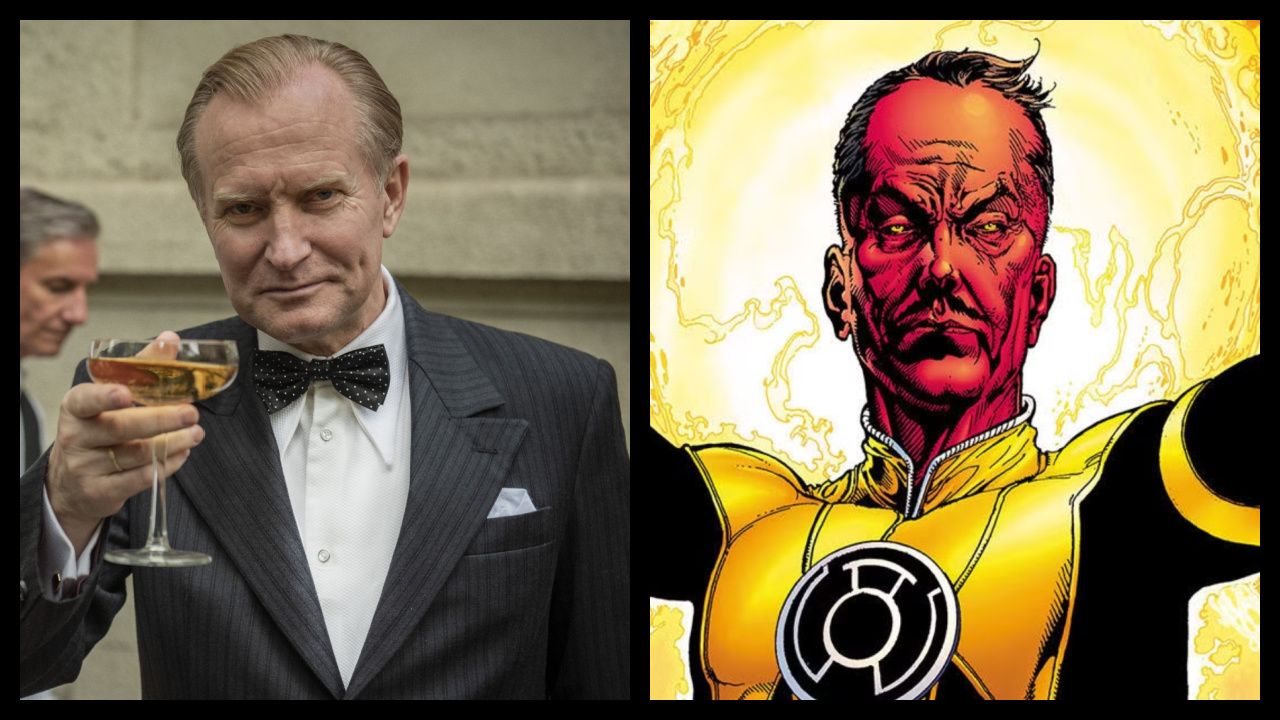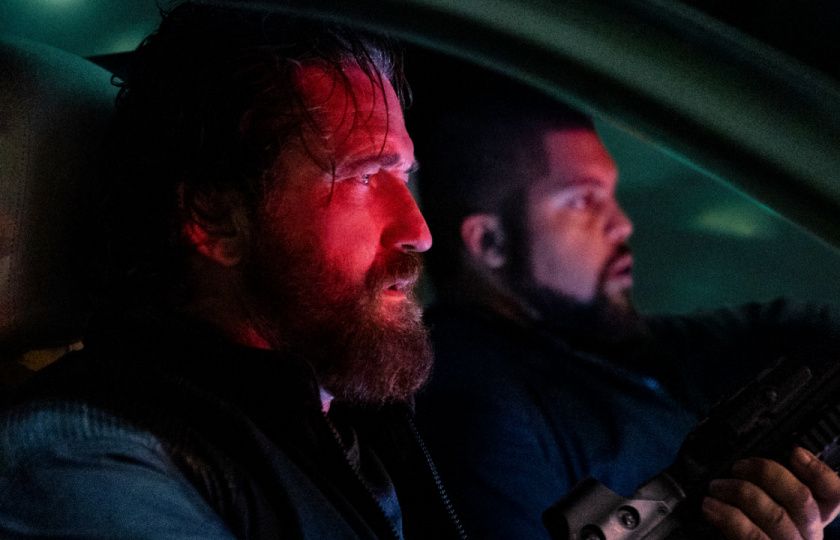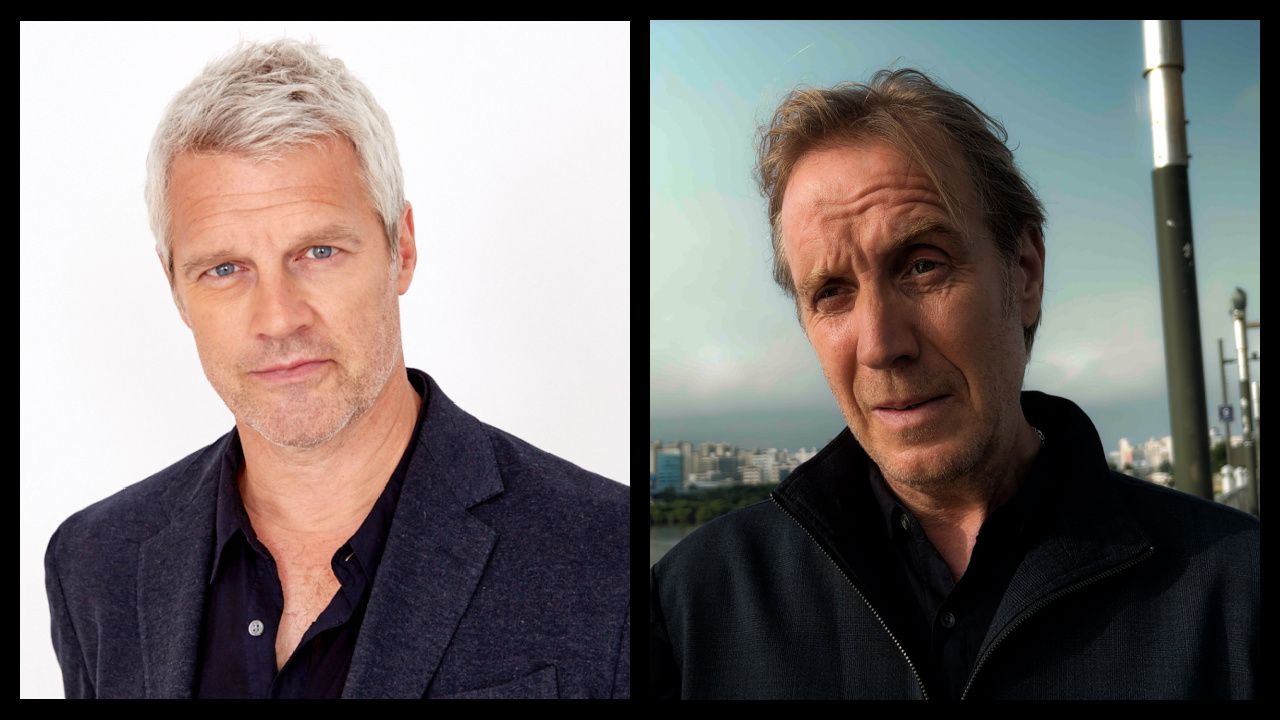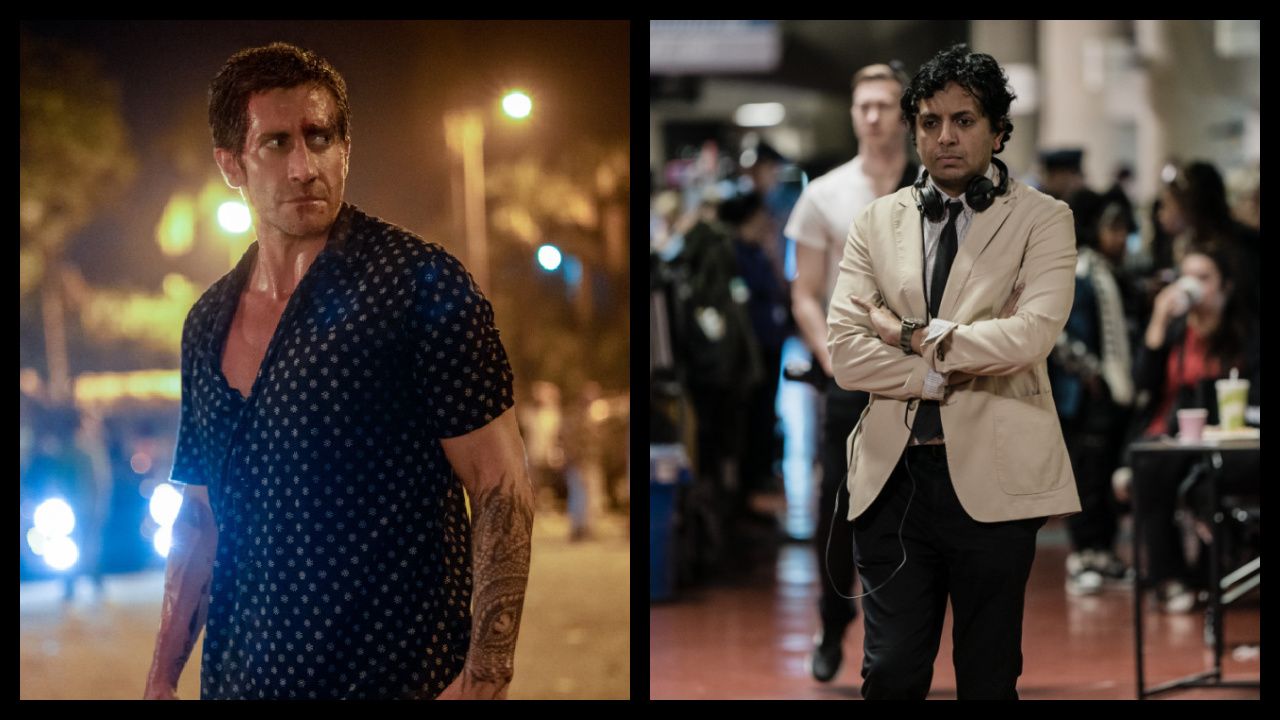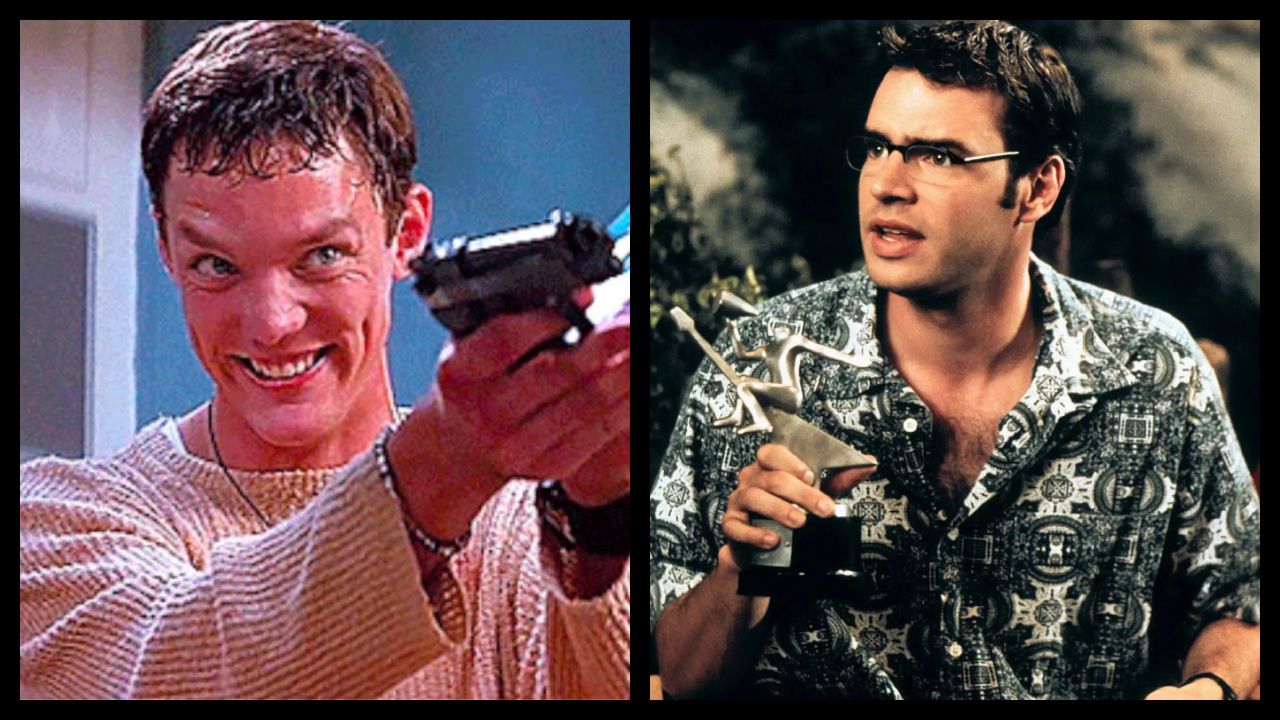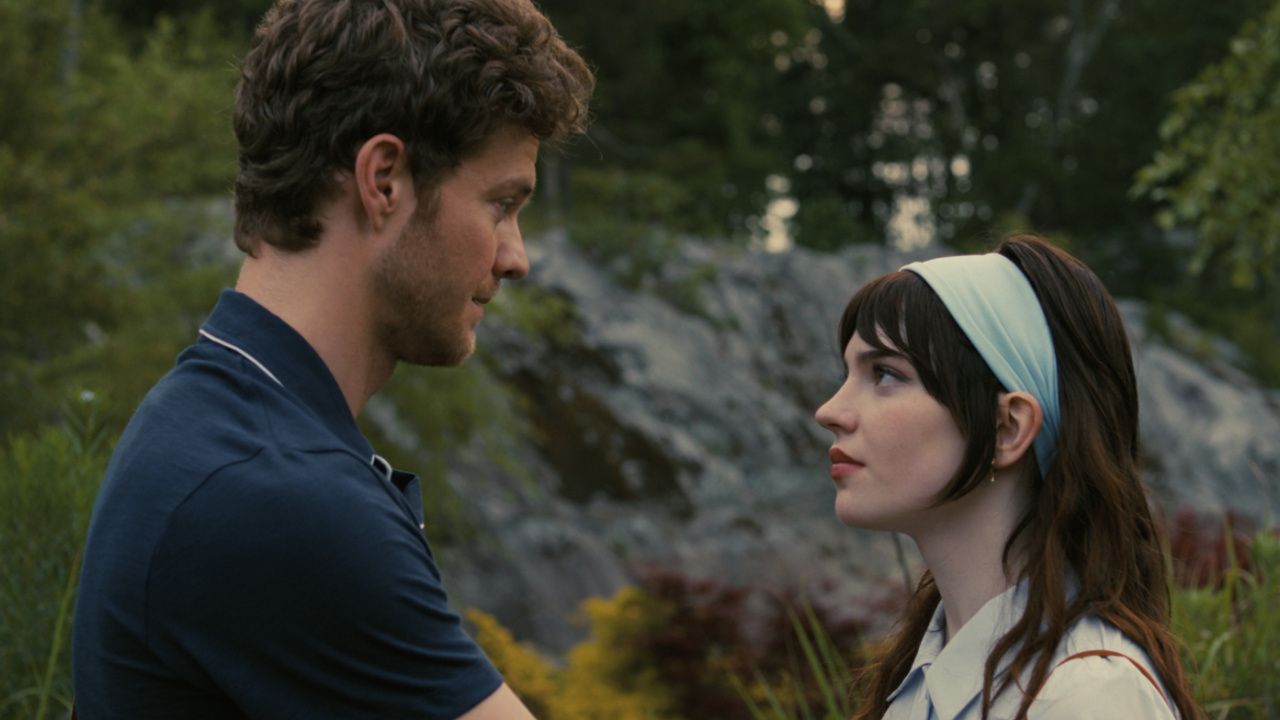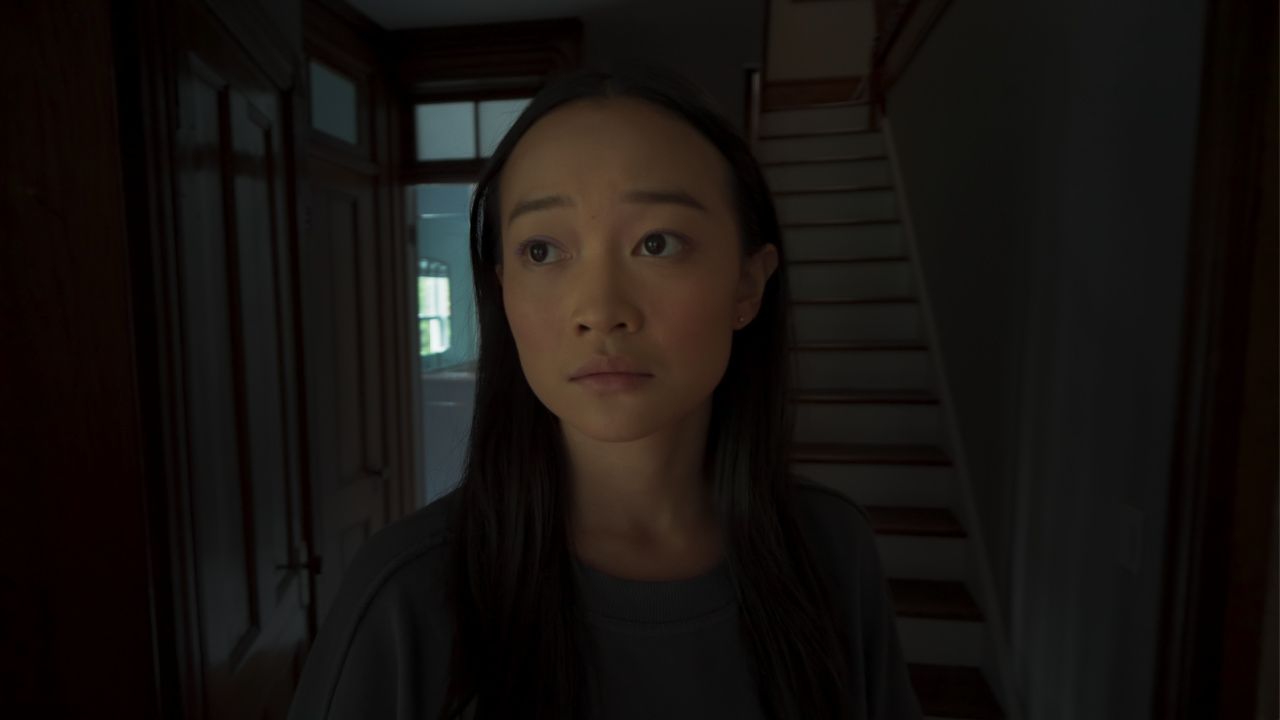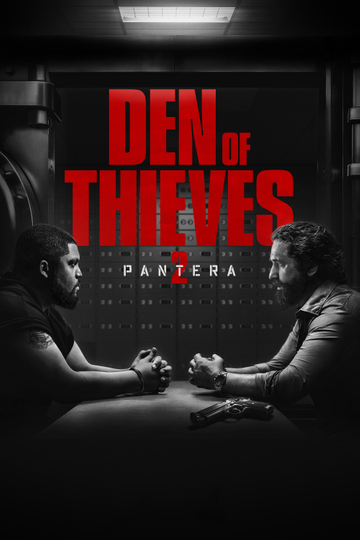'All the President's Men': 10 Things You (Probably) Didn't Know About the Watergate Classic
When "Spotlight" won Best Picture in February, many observers recalled the Academy Awards race of four decades ago, when Watergate saga "All the President's Men" was a top contender.
Both movies made heroes out of the dogged reporters who had uncovered earth-shaking scandals, and both films made the often tedious process of journalism into gripping drama without distorting it much. Indeed, until "Spotlight" came along, "All the President's Men" had been considered the best movie ever made about journalism throughout the 40 years since its release, on April 9, 1976.
Today, "All the President's Men" is remembered as one of the last landmark movies of Hollywood's 1970s renaissance, and a highlight in the careers of stars Robert Redford and Dustin Hoffman. To celebrate the film's 40th anniversary, here are ten things you probably didn't know about "ATPM."
1. Washington Post reporters Bob Woodward and Carl Bernstein were still busy investigating Watergate when Robert Redford first called them to ask about buying the movie rights to their story. The suspicious scribes dismissed the actor's call because they assumed they were being pranked by a staffer on Richard Nixon's Committee to Re-Elect the President (CREEP).
2. Eventually, Redford did buy the rights, hired Alan J. Pakula to direct, and hired William Goldman to write the screenplay. No one much liked Goldman's first draft, so Bernstein wrote his own screenplay with his then-girlfriend, fellow journalist Nora Ephron. That version was deemed even worse, and ultimately, it was a new Goldman rewrite that Pakula shot. Still, we have "All the President's Men" to thank for launching Ephron's career as a screenwriter and, ultimately, the director of such films as "Sleepless in Seattle" and "You've Got Mail." (Of course, she also chronicled her disastrous marriage to Bernstein in the novel and movie "Heartburn.")
3. Indeed, the producers went to extreme lengths to make the movie feel authentic. The Post wouldn't allow the production to film in its newsroom, which would have been disruptive, so the filmmakers spent $450,000 recreating the newsroom in a Hollywood soundstage. Art directors visited the real newsroom and took photos, measurements, and even a brick from the lobby. They replicated out-of-date DC phone books and bought desks from the same supplier the Post used. They even got Post reporters to send them boxes of their own trash, to make the fake newsroom look realistically messy.
4. Frank Wills, the security guard who discovered the Watergate break-in, plays himself in "All the President's Men."
5. The identity of Deep Throat, the key informant named after the then-popular porn movie, remained a secret known only to Woodward, Bernstein, and Post editor Ben Bradlee. (They kept the secret for 33 years, until former FBI deputy director W. Mark Felt outed himself in 2005.) Woodward did help the filmmakers cast Hal Holbrook (above), who bore some resemblance to Felt. Holbrook's performance became legendary, even though he appears in only three scenes. He also uttered the movie's most famous line, "Follow the money" -- a sentence that appears nowhere in Woodward and Bernstein's reporting and was apparently coined by screenwriter Goldman.
6. That famous overhead shot of Redford and Hoffman as two tiny figures poring over vast stacks of records at the Library of Congress lasts for 30 seconds and cost $90,000 to shoot.
7. The movie is so spare and documentary-like that David Shire's musical score doesn't kick in until about 28 minutes into the film.
8. "ATPM" cost $8.5 million to make. It earned back $70.6 million in North America, making it the third highest-grossing film of 1976.
9. The movie was nominated for eight Oscars, including Best Picture (which it lost to "Rocky"), Best Director, Best Editing, and Best Supporting Actress. It won for Best Sound, Best Art Direction, Best Adapted Screenplay (for Goldman), and Best Supporting Actor (for Jason Robards' performance as Bradlee, pictured).
10. "What I took away from watching the movie six years ago," Bernstein said in 2011, "was that most of the good work was done at night. I think, and there are certain exceptions, that you get the truth at night and lies during the day."
All the President's Men











